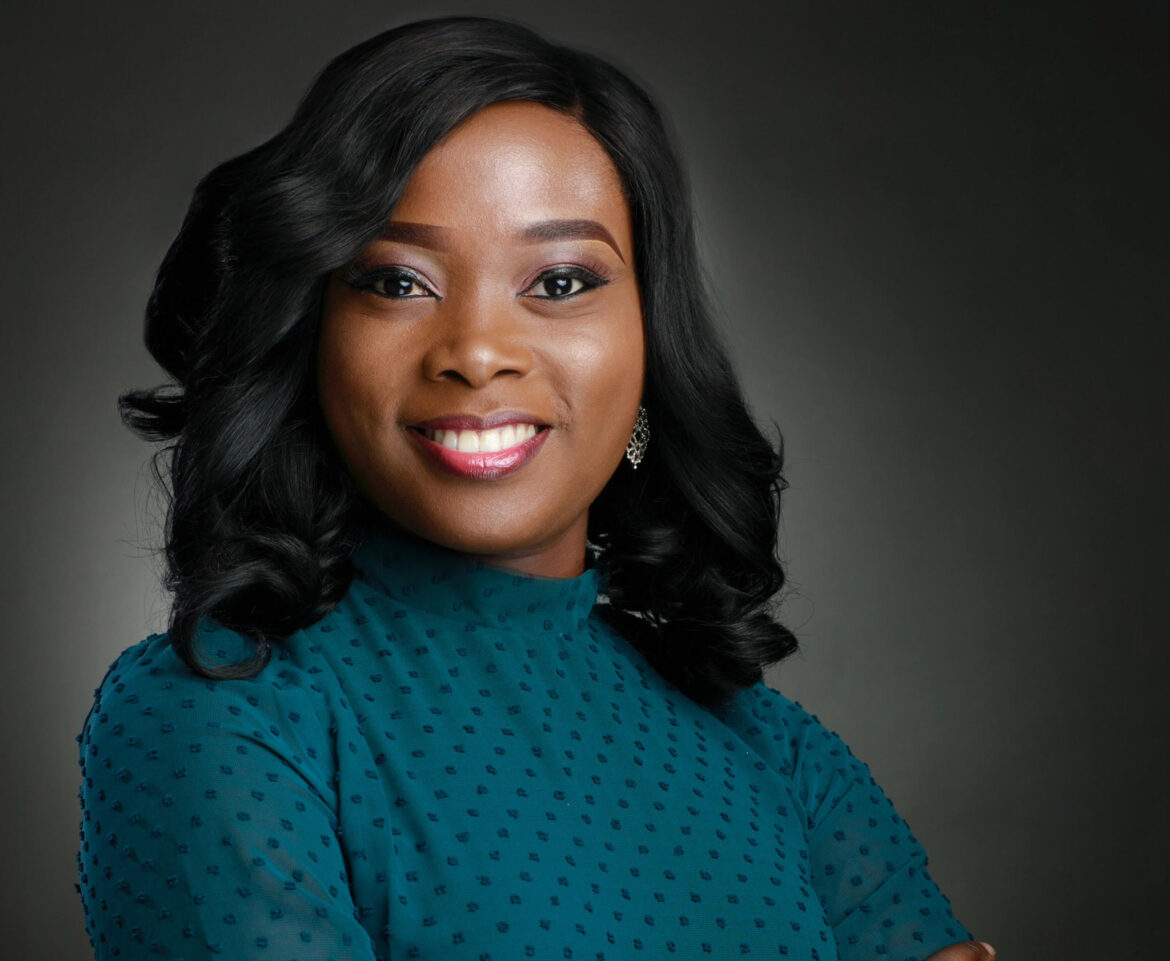Nigeria’s education system faces several challenges, including inadequate funding, poor infrastructure, overcrowded classrooms, and a lack of trained educators, especially in underserved rural areas. According to reports, over 10 million children are out of school in Nigeria, and those in school face subpar educational environments. These issues create significant barriers for children, particularly in low-income communities where educational inequality is most pronounced. Thus, many Nigerian children are underserved by a broken education system, and the country’s future depends on a solution to rebuild it. In response, Molade Adeniyi is leading Teach For Nigeria (TFN) to bridge the gap in educational inequality.
Teach For Nigeria is a movement aimed at giving every Nigerian child a fair shot at learning, no matter where they are born. TFN recruits bright young people, trains them, and sends them to underserved schools to make education accessible to the children who live there.
TFN’s programs ensure that low-income schools are not left behind in education.
Impact
The organisation has seen impressive results as over 2,400 fellows placed in 500 low-income schools have impacted the lives of more than 164,000 students since its inception. One of the hallmarks of TFN’s approach is how it has created classrooms in underserved communities across Lagos, Ogun, Kaduna, and Oyo. The organisation has raised over N6 billion for 300,000 Nigerian students taught across 600 plus primary and secondary schools in these states.
The fellows sent to these schools recorded quality education delivery. Seven hundred of its 1,500 fellows still serve in education, social entrepreneurship, and government.
Through initiatives like the school leadership development program, they have empowered over 200 school leaders to improve their school
systems. Their teacher training program has also empowered over 20,000 public school teachers across 29 states in Nigeria in partnership with Profuturo and TYDF.
The organisation further addresses the systemic issues in education by advocating for policy reforms and pursuing partnerships with local governments, businesses, and international organisations. It contributes to the United Nations’ Sustainable Development Goals (SDGs) to ensure its initiatives push for long-term change in the education system.
With Molade Adeniyi as CEO, Teach For Nigeria will scale its model across all 36 states in the next 10 years to reach 10 million children.



